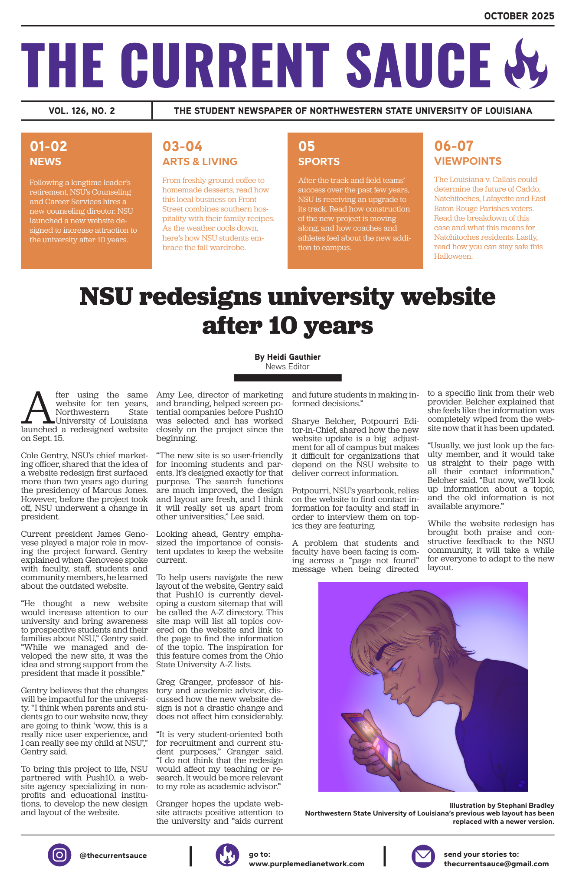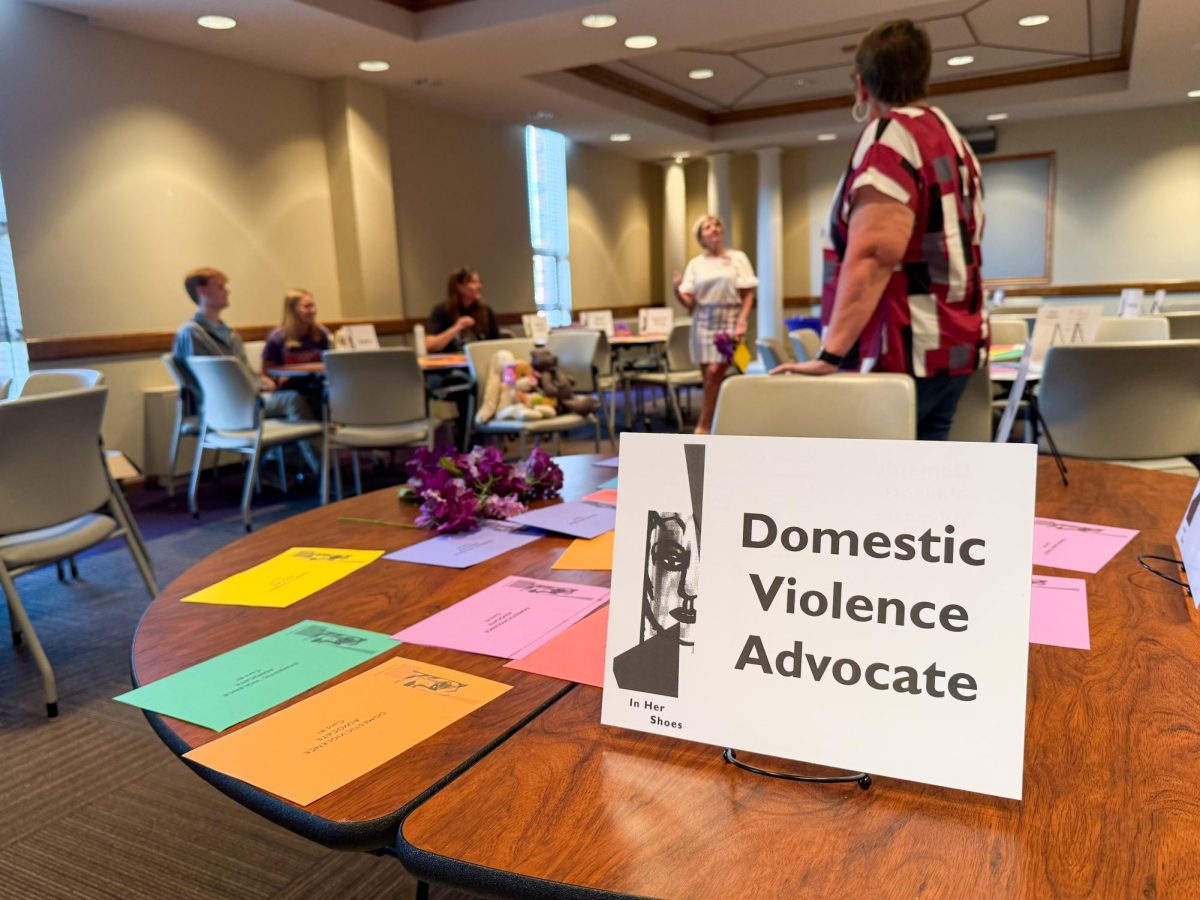According to a Centers for Disease Control and Prevention survey, 62 percent of women who are of reproductive age use some type of contraceptive. While there are many ways for women to avoid pregnancy, one of the most popular is the birth control pill.
Most contraceptive pills are designed to be taken daily in 28-day cycles to coincide with a woman’s menstrual cycle. The tablets are packaged separately for ease of use and to keep track of which day of the cycle the patient is on.
Dr. Mika King, an OB-GYN in Lafayette, Louisiana, says the pill is a “formula of estrogen and progesterone that causes pituitary gland production of FSH to change,” which reduces hormone levels in the ovaries.
This regulation helps to moderate severe monthly bleeding and painful periods. It keeps a woman’s cycle regular, and because of this, it will prevent a woman from becoming pregnant with a 91-percent success rate, according to the CDC.
A significant reason in considering the pill as birth control is the reproductive freedom it allows women. Birth control gives women the ability to decide when and if they want to bear a child.
Today, many women make their career a top priority, and they choose birth control to postpone pregnancy. Yet, a survey by the CDC says around 37 percent of births in the United States are unplanned.
Unwanted pregnancy creates problems, both economic and social, that affects both men and women. Knowledge and means of obtaining birth control is important so these numbers can decrease.
According to the Department of Agriculture, raising a single child from age 0-17 costs, on average, $284,570 for a middle-income family. That amounts to nearly $13,000 per year.
For women just starting college, this is a serious burden, considering the amount of student loans and resulting debts that many college students face. Birth control not only allows for reproductive freedom of choice and economic freedom, it also allows for greater freedom in relationships.
Beginning relationships are difficult enough without the concern of pregnancy. Contraception allows for intimacy in a relationship without the worry and burden of caring for a child.
Beyond birth control, the pill has other health benefits that are often overlooked.
Dr. Krystal Baker, an OB-GYN in Jennings, Louisiana, explains the many non-contraceptive uses of hormone-altering drugs, including the following: “decrease in ovarian and colon rectal cancer, improvement in bone density in older women, induction of amenorrhea or no cycle for lifestyle considerations, menstrual regulation whether it be decreasing the flow or decreasing pain, prevention of menstrual migraines, treatment of acne, treatment of bleeding with fibroids, treatment of abnormal facial hair growth or hirsutism, and decreased formation of ovarian cysts.”
There are some risks associated with contraceptives. According to Dr. King, with any hormone-altering drug there is an increased risk of “blood clots, strokes, and heart attacks.” But she says it “improves the quality of life for a lot of patients,” and the “risks are small” compared to the outcome.
An open-minded discussion with your own healthcare provider can help you decide when and if you need the pill, what other options might be available, and if the benefits for you outweigh the risks.






























